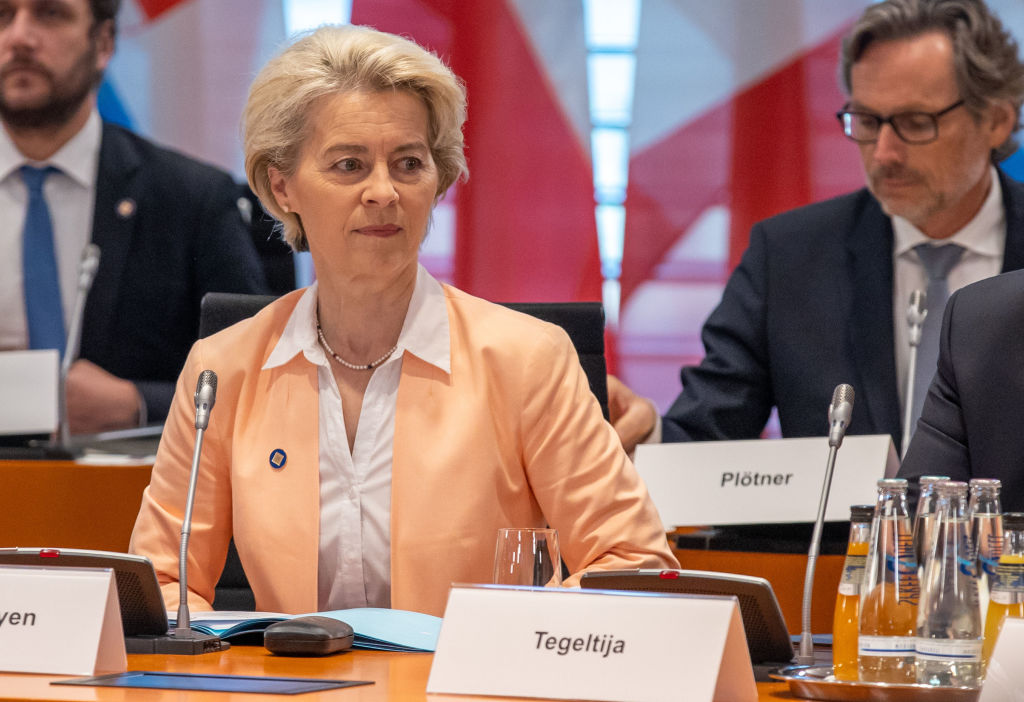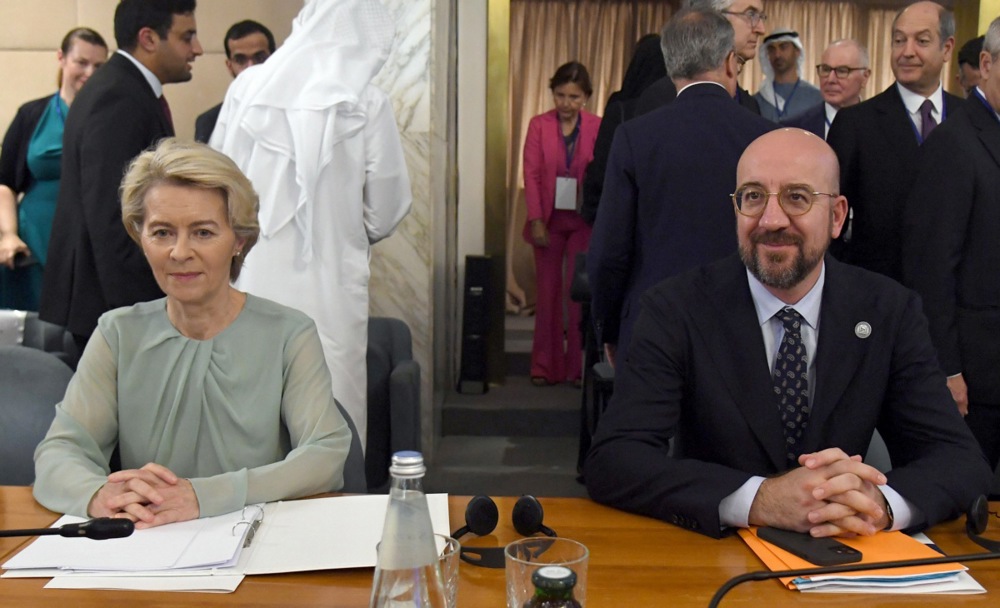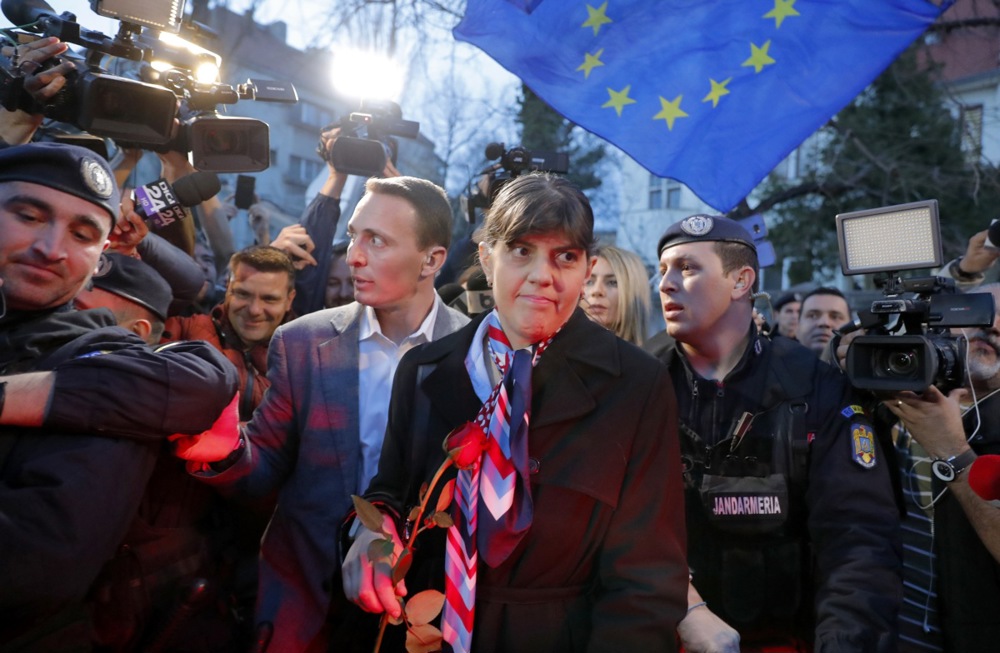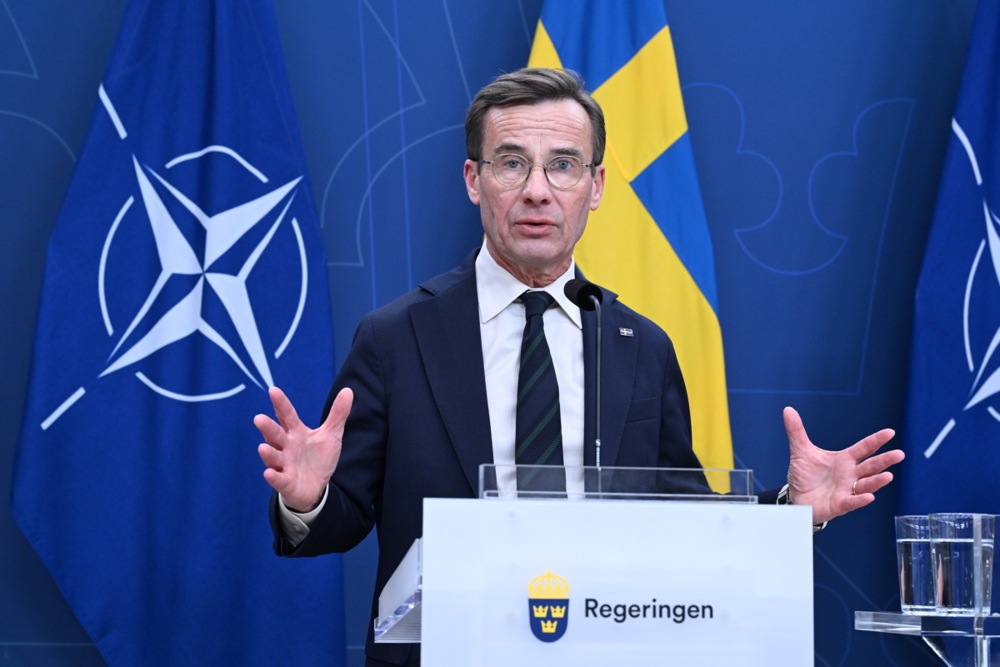Macron’s “multi-speed EU” is an “anti-European project”, according to left-wing Romanian MEP Mihai Tudose.
The EU enlargement debate is heating up ahead of a pivotal European Commission report, to be released Wednesday.
French President Emmanuel Macron has argued for a multi-speed approach, with the EU integrating new members in phases. This view is endorsed by a Franco-German group of twelve experts.
Russia’s invasion of Ukraine has caused the EU to want to bring many more neighbouring countries into its fold, quickly. The planned expansion raises the question whether the EU should reform to accommodate its members’ increased number, and variety.
Tudose, a Romanian, sees his own nation’s inability so far to join the Schengen travel-free zone as an example of the multi-speed approach in work.
The approach’s cynicism is “outrageous and runs counter to the principles of equality and solidarity set out in the European Treaties”, he argues in a parliamentary question.
The expert group’s recommendations for differentiated integration are “nothing short of a formalisation of the division of the EU into frontrunner and second-rate countries,” Tudose adds.
Others within the EU have argued against pushing for greater federalisation in the name of enlargement.
No such reforms were needed for the EU to expand, argued Austria’s Foreign Minister Alexander Schallenberg.
“We don’t need institutional reforms,” and debates confusing EU reform and enlargement are “dishonest beating around the bush”, he said.
Schallenberg, who was involved in previous enlargement negotiations, says the EU already has the legal tools needed for enlargement.
“I was part of the negotiation team … for the Treaty of Lisbon. We have everything there,” he says.
Austria intends to oppose Euro-federalist reforms proposed as part of the European Union enlargement debate. https://t.co/9JHHtB9PLV
— Brussels Signal (@brusselssignal) August 30, 2023
Pushes for greater-federalisation are “pure ideological political manoeuvrings”, another source close to past EU enlargements tells Brussels Signal.
On Wednesday, the European Commission will release its annual report evaluating progress EU candidates have made towards becoming members of the bloc. Joining the EU, or “accession”, requires candidate countries make reforms across multiple areas to match standards in other EU nations.
European Commission President Ursula von der Leyen was in Montenegro on October 31 to push for the expansion of the European Union. https://t.co/xWxhpuuFtW
— Brussels Signal (@brusselssignal) October 31, 2023
In preparation for this report, European Commission President Ursula von der Leyen undertook a tour of Western Balkan countries which have been trying, and failing, to join the EU for over a decade.
When Tudose asked what the Commission’ own position on enlargement was, Commissioner Maroš Šefčovič said it would “always support those who want to reform the EU… including through a European Convention and treaty change”.
Austria intends to oppose Euro-federalist reforms proposed as part of the European Union enlargement debate. https://t.co/9JHHtB9PLV
— Brussels Signal (@brusselssignal) August 30, 2023





